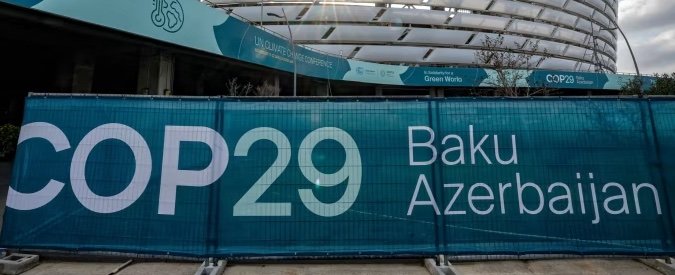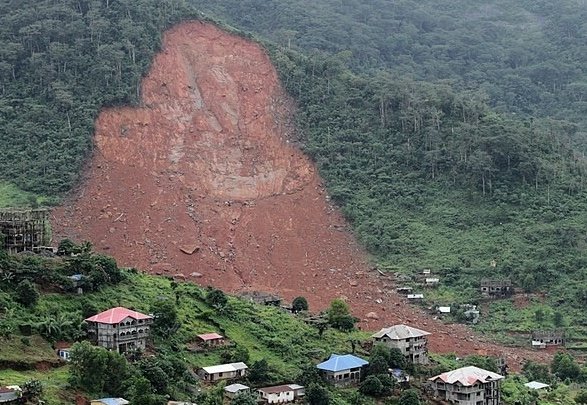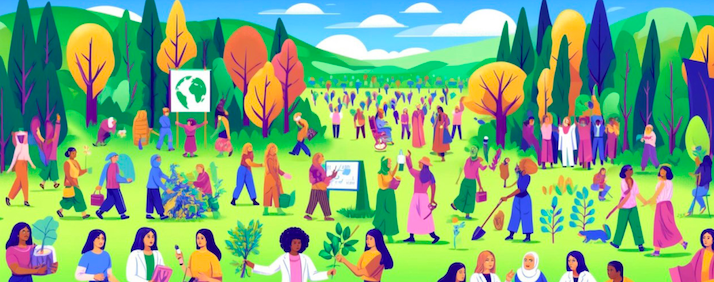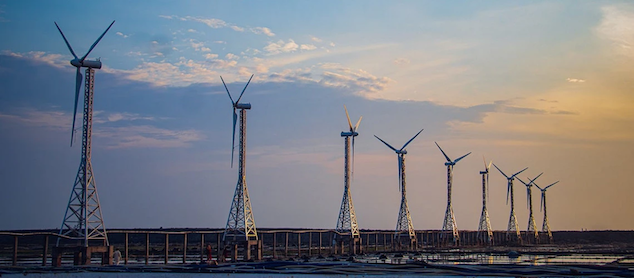Between Urban Development and Climate Finance
 COP29 Baku
COP29 Baku
Development and climate adaptation finance are fundamentally interconnected, particularly in urban areas, because resilience is inherently a development challenge. Cities struggling with poverty, inadequate infrastructure, and limited access to basic services cannot effectively manage climate risks. And it is the urban poor, especially those living in informal settlements, who are disproportionately affected by climate change.
As such, development and climate adaptation finance are both essential for urban resilience. While the World Bank is contributing to urban climate adaptation through projects like upgraded drainage and flood protection systems, we are also contributing through urban development projects that help lift people out of poverty and expand their access to affordable housing and essential urban services.
Faster, more inclusive urban development reduces climate vulnerabilities by reducing the number of highly vulnerable people and equipping communities with the resources they need to recover from shocks and build resilience. Much of this progress is being driven by the World Bank’s urban development finance, which is supporting cities’ adaptive capacity, such as planning, resource mobilization, and community participation, even when it is not explicitly labeled as urban climate finance.
05-12-2024





